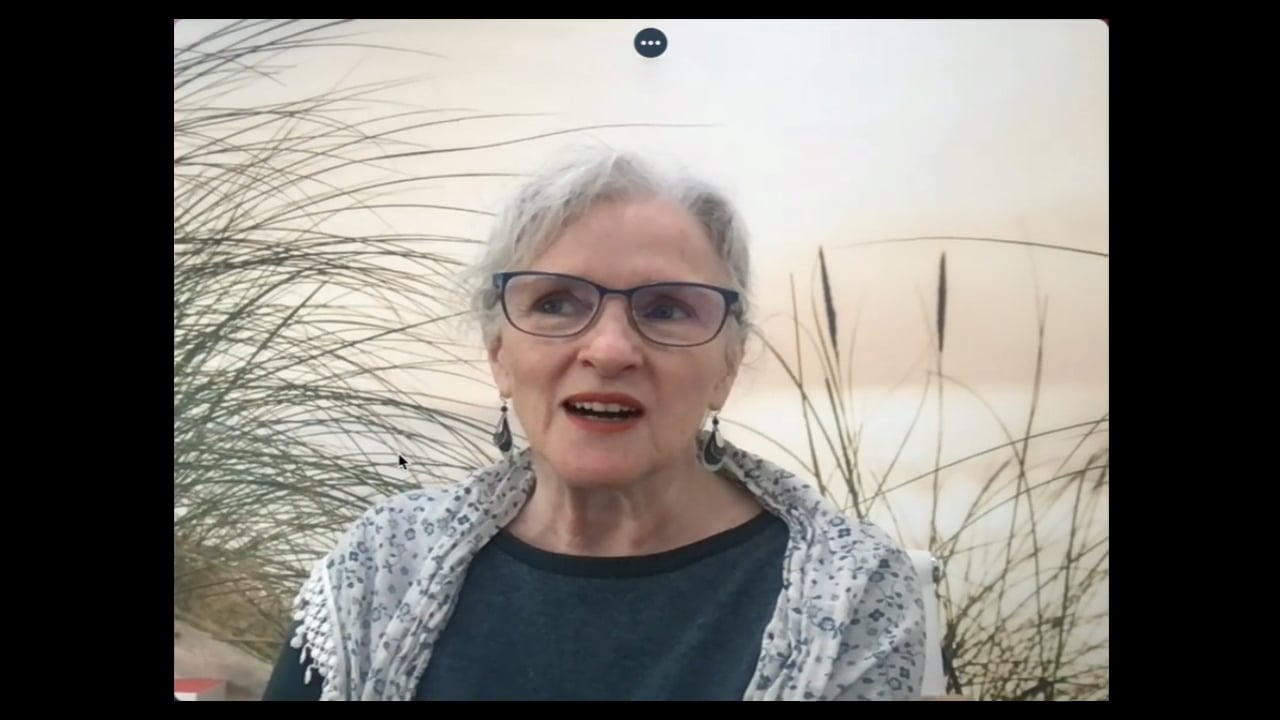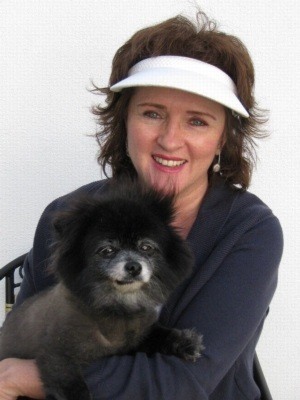Rebel Shrink Psychologist?
Nah, there's no such thing . . .

.
Rebel Shrink? Who is Dr. Susan LaCombe?
. . . well, she's a closet-rebel psychologist working through her fears, trying to make an imprint on the world for something she believes is EXTREMELY IMPORTANT.
There's more to the story of course . . . I believe that once this important idea is grasped, the implications are far-reaching.
For example, I ask . . .
. . . do we really need 300 DSM Disorders to describe what can be reduced to 5 or 6?
. . . who does it really serve that millions believe medications are the only solution and all they can ever hope for?
Working through our emotional triggers is an ongoing human project for all of us. It's the experience of being human.
Why a Rebel Shrink?
When you view emotional problems through the lens of the nervous system, it becomes evident that addressing issues at their core is crucial—we shouldn't settle for superficial solutions. (Suggesting that all you can hope for is to merely "cope" with what ails you.)
Working directly with the nervous system means engaging in experiential methods. Our brains are wired to learn through "doing" rather than just "thinking through" problems. While cognitive strategies might offer a comforting sense of progress, this feeling is often illusory.
Without direct engagement, the same issues tend to resurface repeatedly, making true and lasting change elusive.

Engaging the nervous system directly can involve somatic work with a therapist or coach, or adjusting your nutrition to better meet your body's needs. It might also mean addressing physical restrictions caused by trauma-based defensive postures using holistic bodywork.
Ultimately, whatever influences your nervous system impacts your mental health and overall well-being. By working directly with this system, we can create more effective and lasting improvements in our mental health.
My story
I was once very troubled—my trauma history had caught up to me early . . . two clinical depressions before age 30 and a neediness towards others. I turned to therapy for an answer.
Turned out to be the wrong solution—well for about 14 times 🙂
Until . . .
. . . around my 4th decade on this planet I found the right kind of therapy . . . or was it the right type of therapist? Tricky question.
The type of therapy my therapist used was a whole paradigm shift away from the others.
It was a trauma-based somatic model based on emotional self-regulation.

myShrink's own Rebel Shrink, Psychologist Dr. Susan LaCombe
It not only made sense of my life, it suddenly became clear that the mental health field were approaching anxiety and depression with outdated methods.
Even motional issues like dealing with authority figures, co-dependency, transference, abandonment . . . here was a completely new science-based way to get to the root cause with less pain while achieving better results.
And before you think, "Well, I don't see how my trauma which happened years ago can still affect me today."
That's because a trauma model is a human model. It's based on how we all are wired. It's based on evolutionary psychology.
Here's the sad part.
Although the stunning discoveries being made in brain science have huge implications for approaching anxiety and other emotional problems, the mental health profession is very slow spreading the word.
In fact, the very thing that helped me in therapy - that's at the heart of the way I practice my coaching today - has not yet been acknowledged and adopted as the future direction of the profession.
Whereas I see brain science not only as a way to do coaching that's twice as effective (in half the time), but as the key to discovering who you really are and how to live authentically.
Rather than over and under reacting to my life's circumstances, with this approach my brain learned to mindfully respond and adapt.
In a deeper sense, perhaps you could see my work here as a "thank you" to all the clients I have been privileged to meet over the years.
Whatever I am able to teach you here, it is only because they taught me first.
It's a gesture of gratitude that I pay forward.
So, Welcome!

Susan
aka Dr. Shrinklady
PS. If you're interested in working with me on your transference, click here to learn more.
To better understand the concept of being triggered especially when you're suddenly being triggered more easily, click here to learn more: Dealing with being triggered easily.

